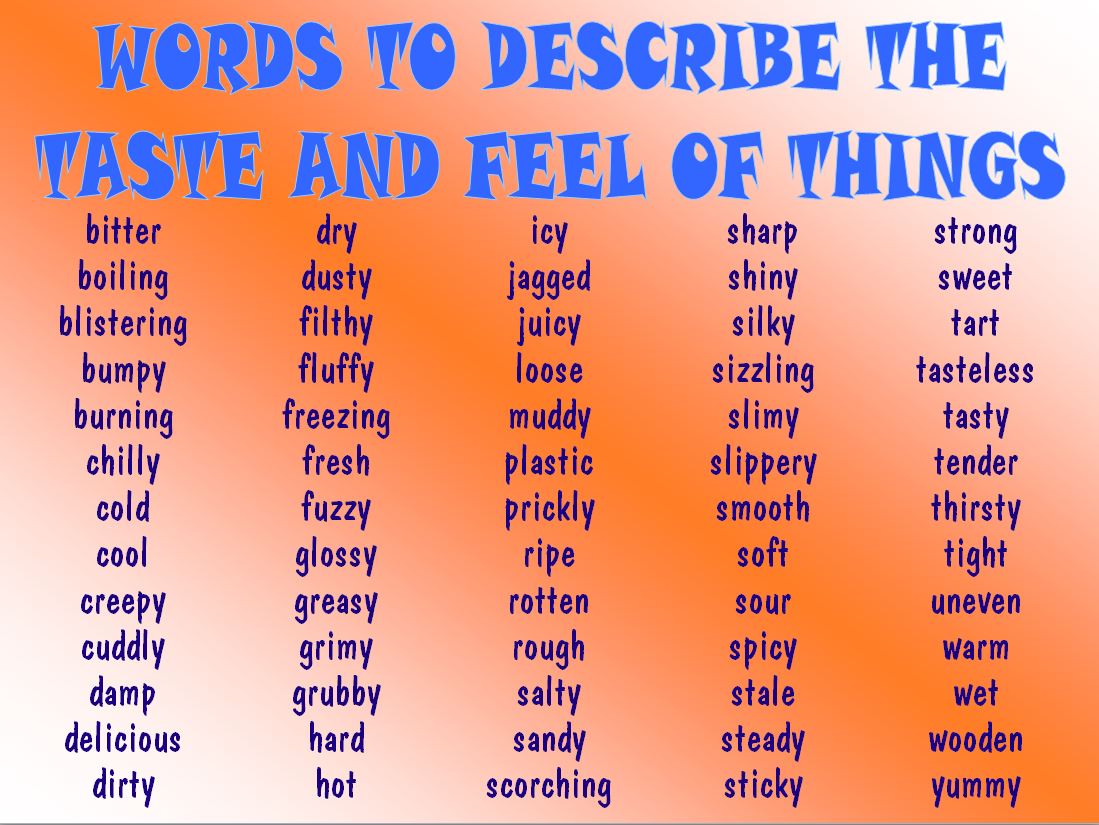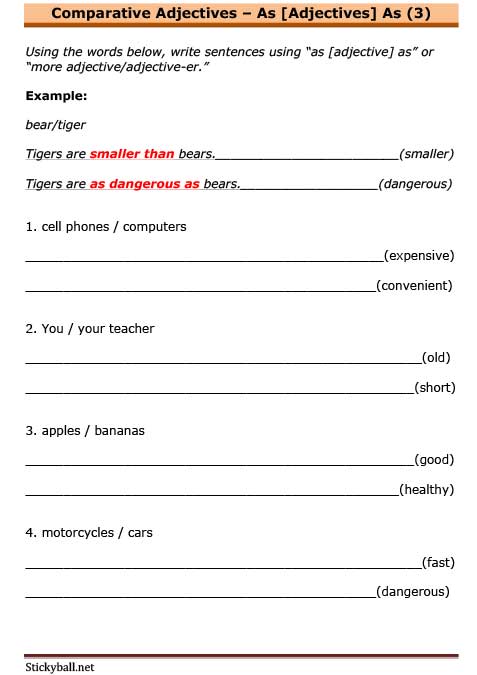

When using than, there are two things you should keep in mind: When you use comparative adjectives, the adjective is often accompanied by the word than (e.g., “He is taller than I am”). While the tides are beginning to turn, it’s safest to stick to more fun and most fun in formal situations (such as in academic writing or in professional correspondence). The reasoning behind this rule is now obsolete (it has a lot to do with the way fun became an adjective), but the stigma against funner and funnest remains. However, for a long time, these words were considered nonstandard, so more fun and most fun became the correct forms. You might expect the comparative to be funner and the superlative to be funnest. The adjective fun is a notable exception to the tendency we just described. There is no simple rule for knowing which pattern is correct for a particular adjective however, the general tendency is for shorter adjectives to take the suffixes and for longer adjectives to use more and most.

Some comparable adjectives are irregular: for example, good, better, best bad, worse, worst).

There is another way to compare adjectives in English. Many adjectives can take the suffixes – er and – est to indicate the comparative and superlative forms, respectively (e.g., great, greater, greatest). The word more here modifies the adjective polite to indicate that a comparison is being made (a comparative), and most modifies the adjective to indicate an absolute comparison (a superlative). For example, a person may be polite, but another person may be more polite, and a third person may be the most polite of the three. Some adjectives are comparable: they exist on a continuum. When you say, “Seven is my lucky number,” seven is a noun, but when you say, “There are seven cats in this painting,” seven is an adjective, because it is modifying the noun cats. In certain cases, numbers can also be adjectives. The generator is used to convert mechanical energy into electrical energy.It might be anything from color to size to temperature to personality. Adjectives usually occur just before the nouns they modify, but they can also follow a linking verb (in these instances, adjectives can modify pronouns, as well): An adjective modifies a noun and, in so doing, provides more information or detail about the noun.


 0 kommentar(er)
0 kommentar(er)
